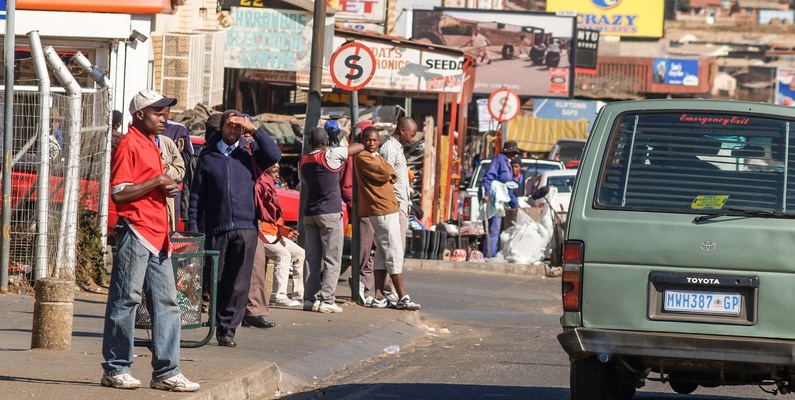Photo 252665390 | City Joburg © Brian Scantlebury | Dreamstime.com
By Tracy Ledger
[First published in News24]
The struggles that poor households face in paying for even small amounts of electricity are well-documented: in many households, electricity competes with food for a share of limited income, and the main reason why child-grant recipients borrow money is to pay for electricity.
The majority of low-income households that access electricity from the City of Johannesburg do so via prepaid meters. The implication is that prepaid tariffs (particularly those applicable to purchases of less than 500 kWh per month) significantly impact household poverty, food security and child malnutrition, and inequality.
Against this background, the proposed electricity-tariff increases contained in the draft 2024/25 budget for the City are cause for considerable concern.
The budget proposes that, from 1 July, there are different categories of residential prepaid customers paying different fees, as follows:
The City proposes two sub-categories of residential customers – residential prepaid (low), to cater for the indigent customer, and the residential prepaid (high) to cater for the rest of the residential prepaid customers. These two groups will face very different electricity tariffs.
Residential prepaid (high) customers will be required to start paying service and capacity charges. These are fixed charges (R481.50 per month) that will need to be paid before any units can be purchased. Prepaid (low) customers will be exempt from these charges.
In addition, unit costs will increase exponentially as consumption increases (that is, the more you use, the higher the cost per unit).
Cross-subsidisation
Splitting users into two groups – and charging higher-use (wealthier) households a significantly higher tariff – is not problematic in theory: it supports the cross-subsidisation model and the principle that tariffs should be affordable for low-income households (as per the 1998 Local Government White Paper).
The real problem is that nowhere in any of the budget or tariff documentation made available during public consultation is there any indication of exactly how the City will decide which households will be allocated to each category.
The use of the term ‘indigent household’ – and the City’s ongoing insistence that indigent households will be exempt from paying the network charges – is not the remedy they are suggesting.
If the City applies the exemption only to those households listed on the indigent register, hundreds of thousands of poor households will be forced to pay the network charge: the annual National Treasury equitable share calculations estimate that there are approximately 1 million indigent households in Johannesburg.
The City’s own publications (IDP and demographics data) estimate that one-third of the population (between 630 000 and 700 000 households) live below the lower-bound poverty line. In other words, in extreme poverty.
Difficult to get registered
However, fewer than 30 000 households are listed on the CoJ’s indigent register. Over the past 10 years, the City has made it increasingly difficult for households to be registered on the official indigent register. If that indigent register is used as the guideline, the result will be that only 30 000 (2% of the households in Johannesburg) will benefit from the low-income tariffs.
The negative impact of almost all poor households in Johannesburg being on the higher prepaid tariff will be severe:
Very poor households use on average 200kWh of electricity per month (far below the 350kWh which PARI – Public Affairs Research Institute – has estimated is necessary to maintain a basic standard of living).
The cost of this electricity at the high-income tariff will be:
Network charges R481.50
Usage (200kWh) R464.20
Total R945.70
This amount can be compared to the lower-bound poverty line income of approximately R4 410 for 2024, for a family of four – and this figure is probably overstated.
The tariff calculated above would comprise at least 21% of total household income for the 630 000 to 700 000 households who live below the lower-bound poverty line. Many households in Johannesburg live on considerably less than R4 410 per month, and would have to allocate an even greater share of income to electricity.
It would take almost two full child-care grants, which equals R1020.00, just to pay for that small amount of electricity.
The current minimum hourly wage is R27.58. A person will have to work for 34 hours to pay for 200kWh of electricity per month from the City of Joburg.
Affordable electricity is key to households’ standard of living and their ability to generate livelihoods. If we consider the affordability of the minimum amount of electricity required to support a decent standard of living (350kWh per month) on the proposed tariff, the cost would be R1 294.20 per month for a household that is not on the low-usage tariff.
The implication of these proposed prepaid tariffs could be devastating to hundreds of thousands of households and would significantly increase poverty for millions of Johannesburg’s residents.
The City of Johannesburg must immediately release the details of how households will be divided into the two prepaid groups. The failure to do so, to date, makes a mockery of the public participation process: if households do not know which category they will be allocated to, they have no basis for knowing what tariff they will be forced to pay.
How can residents understand the impact of a proposed tariff (or make input on that tariff) if they don’t even know what that tariff will be?


